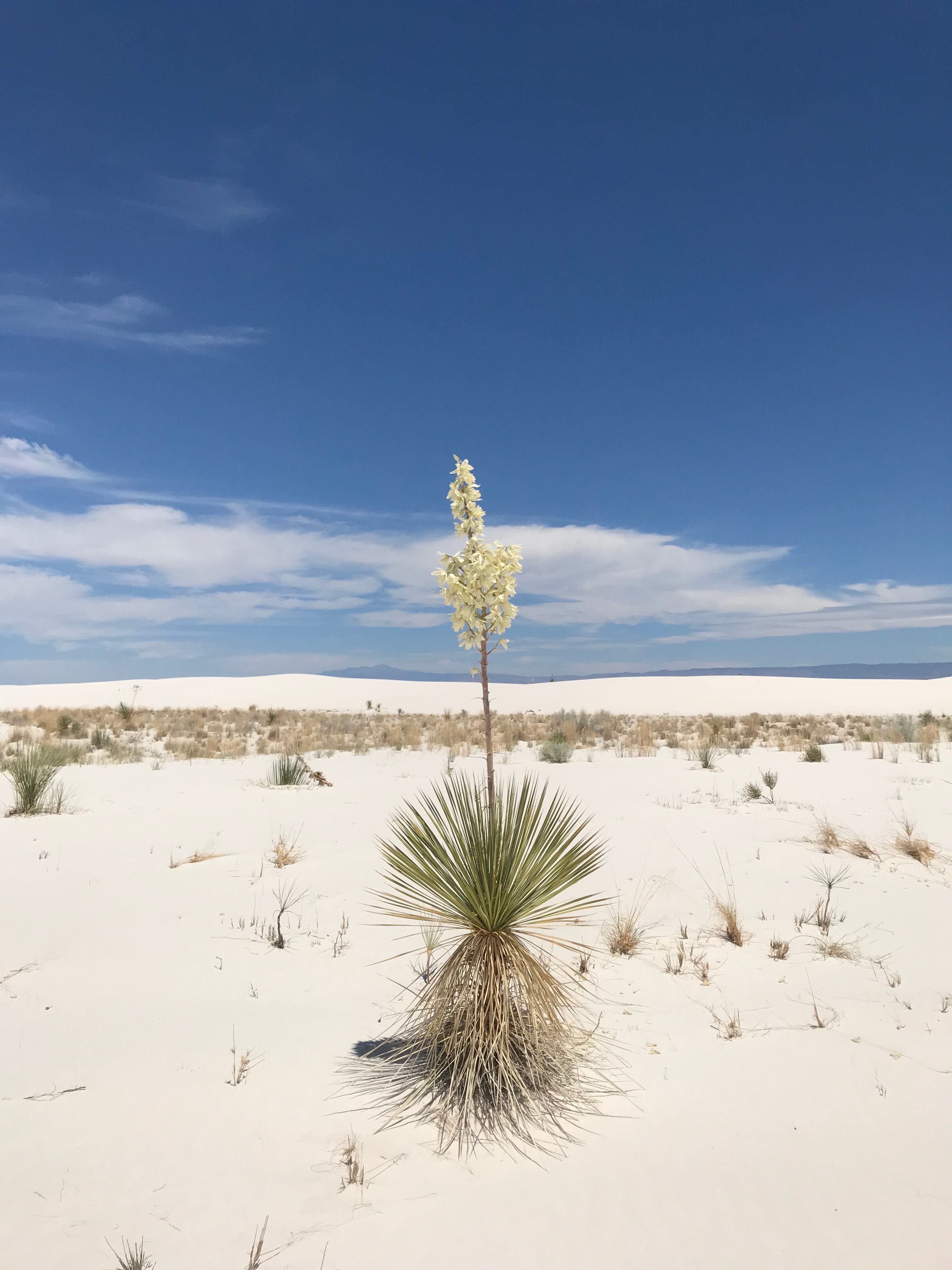We are on the threshold of one of the most fascinating stories in the entire Bible—the story of Jacob’s son, Joseph. Countless sermons have been preached on this man’s life. There was even a musical written about his “amazing technicolor dreamcoat.” And it is easy to understand why.
Time and time again, we will see how the Lord is with Joseph through all the vagaries and injustices of his life. We will watch him ride the roller coaster several times, rising to a place of honor and then plummeting again to the depths of disgrace. If anyone had a “right” to be bitter or resentful, it was this guy. But he wasn’t, because God was with him. He knew it and he knew what that meant.
Refusing to let anger, bitterness or fear take root and control, he pressed on through the dark valleys and the disappointments. When you get to chapter 40, I encourage you to slow down enough to climb into his sandals for a moment and imagine what it was like to be forgotten by the cupbearer!
In 40:14-15, Joseph said to the cupbearer, “But when all goes well with you, remember me and show me kindness; mention me to Pharaoh and get me out of this prison. For I was forcibly carried off from the land of the Hebrews, and even here I have done nothing to deserve being put in a dungeon.” Can you hear the emotion that is behind those words? And then, in 40:23, comes the devastating news, “The chief cupbearer, however, did not remember Joseph; he forgot him.” Can you feel the emotion within these words as, day after day, Joseph is tempted to give up hope?
And yet he holds on! He holds on to God’s goodness and faithfulness to keep His promise. He holds on to his inherent, God-given dignity as one of God’s chosen people. In short, he holds on to hope. Joseph did not choose for any of this to happen to him, but he did choose to embrace God and His promise no matter what his circumstance, and that choice made all the difference.

I find it interesting that the same day we are introduced to Joseph we read Psalm 22, the very Psalm Jesus quoted from the cross. Keep Joseph’s life in mind as you read the first 18 verses of this psalm. Then think of the hope that pours back in as you read 22:19-24. As you ponder Joseph being forgotten in the dungeon and Jesus being mocked on the cross, think also of yourself. How do you respond when you experience the vagaries and injustices of this life? Where do you turn for your hope? How do you determine your next step? In whom or on what do you trust?
I am a pull-myself-up-by-the-bootstraps kind of guy, so my default is to run to my plan and use my strength to “fix” the situation. As I do, I tend to focus on the negative and wander from the things that are truly important, like loving my neighbor, blessing others, not worrying about tomorrow, turning the other cheek—all things that require trusting God. When I pour my energies into my own solutions, I can become impatient and even cranky with the people around me. Maybe you know what I mean.
But what if we looked for, trusted in and waited on the Lord in every moment, whether that moment was a mountaintop or a valley? What if we fixed our eyes, not on what is seen but on what is unseen? What if we counted God’s opinion of us as a greater value than the opinion of that other person at work? What if our emotional stability and faith was grounded in something other than our comfort, personal success or failure?
If anyone had a “right” to be bitter or resentful it was Joseph. But he wasn’t, because God was with him. He knew it and he knew what that meant. Matthew records Jesus’ last words as a promise. “I will be with you always, even to the end of the age” (Matthew 28:20). What if, like Joseph, we knew it to be true and knew what this truly meant? Might God grow in us the very character we see in Joseph? Might we even see fruitfulness in our own land of suffering (41:52)?
So much to see as we walk this path together!
Enjoying the journey with you,
Rob
P.S. Joseph’s example gives me an idea for a Lenten practice. If you would like to “fast” from something other than the usual (chocolate, desserts, or one daily meal) may I recommend a fast from certain words or attitudes? What would happen if this Lenten season you chose to fast:
- from worry and trust in God instead?
- from pressures, responding in prayer instead?
- from words and be silent (so you can listen) instead?
- from anger and sought to be patient instead
- from words that tear down and use words that build up instead?
- from that long-held grudge and chose to reconcile instead?
- from complaint and chose to express gratitude instead?






